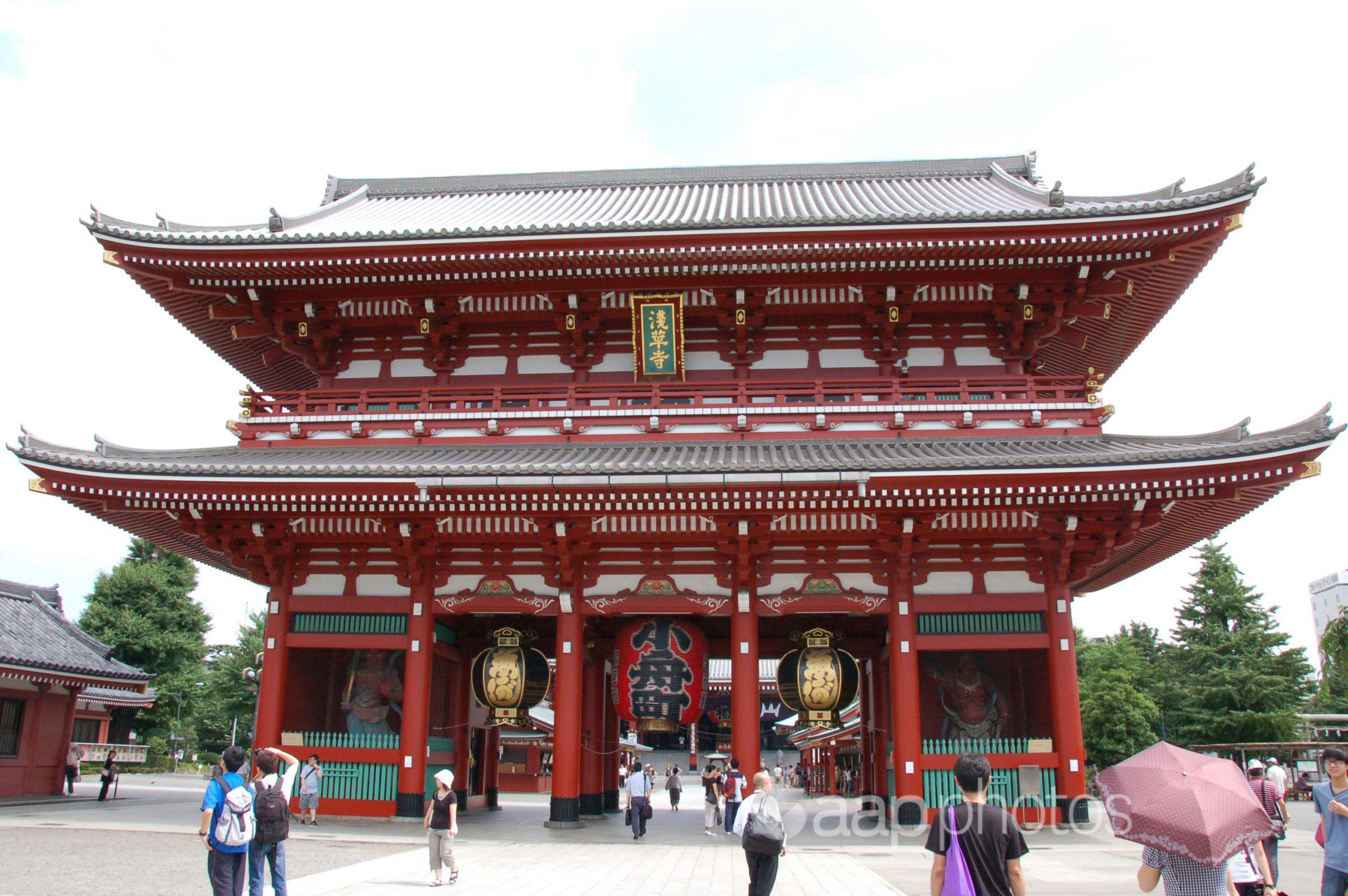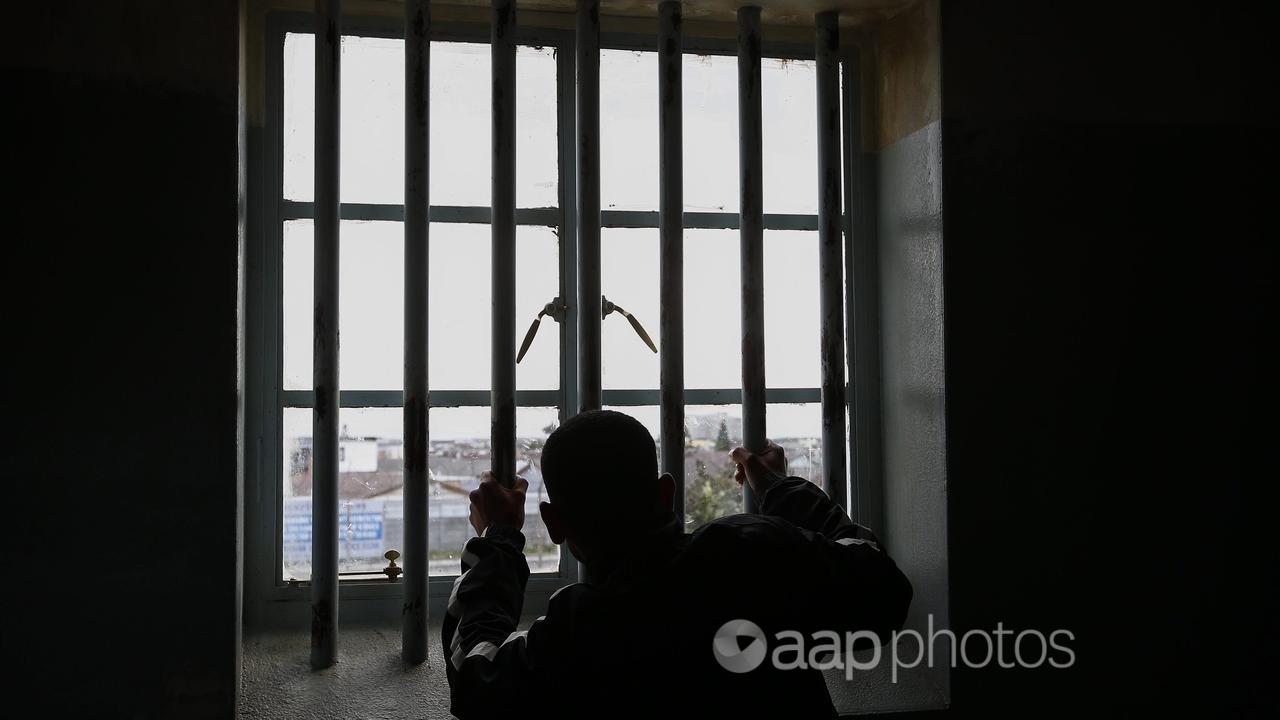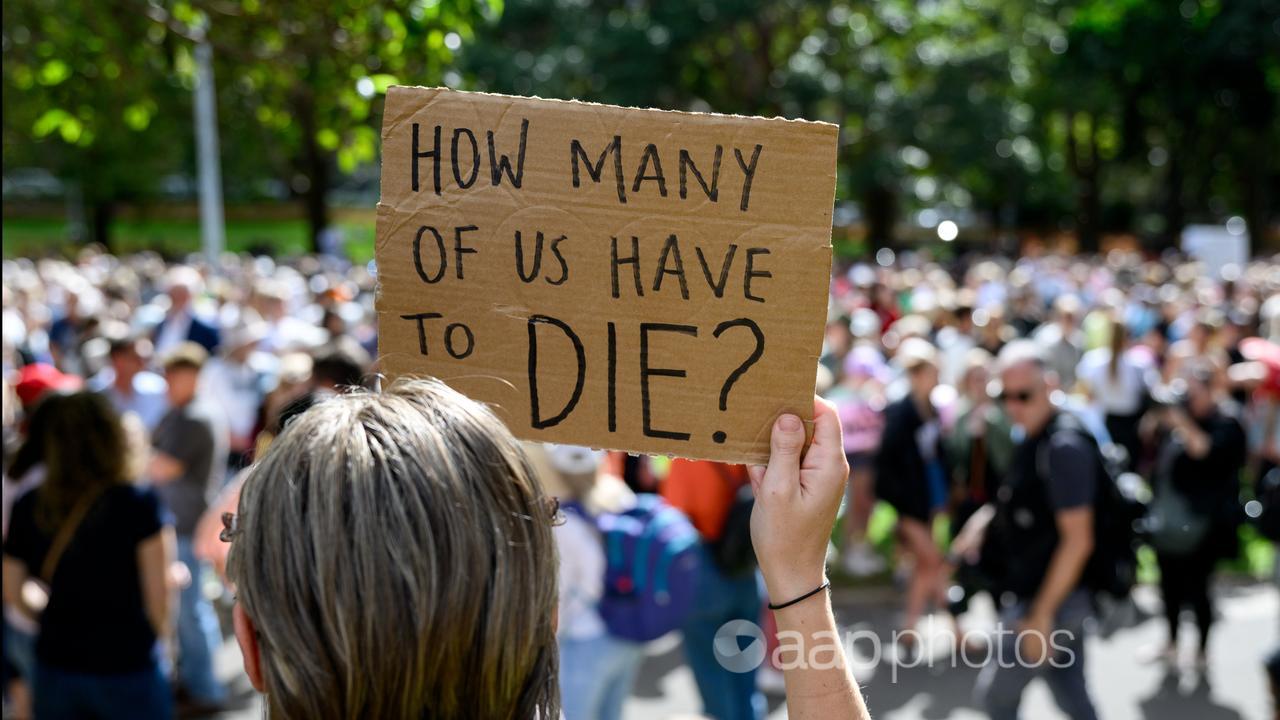The Statement
AAP FactCheck examined a Facebook post from November 18, 2015 by an Australian user which lists how Japan purportedly puts “restrictions on Islam and ALL Muslims”.
The full text reads: “Japan keeps Islam at bay by putting restrictions on Islam and ALL Muslims.
- Japan is the only nation that does not give citizenship to Muslims
- Permanent residency is not given to Muslims
- Propagation of Islam in Japan is banned
- In the University of Japan, Arabic or any Islamic language is not taught
- Japan is the only country in the world with a negligible number of embassies in Islamic countries
- One cannot import a ‘Koran’ published in the Arabic language
- Muslims must follow Japanese law and language
- The Japanese government is of the opinion that Muslims are fundamentalist, and unwilling to change their Muslim laws
- Muslims cannot even rent a house in Japan
- There is no sharia law in Japan”.
The post has received more than 860 shares and more than 30 reactions and has been recently shared by Australian users.
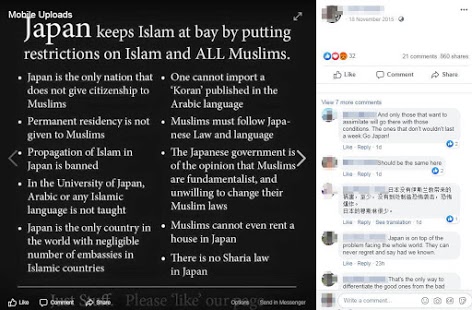
The Analysis
The Facebook post claiming that Japan “keeps Islam at bay” by enforcing strict laws on Muslims dates back to 2015. US-based fact check unit Snopes found in November 2015 that the majority of the claims made were either false or misleading.
In the same year US-based PolitiFact also investigated the post and concluded that “the overall point of the graphic – that Japan keeps itself free from radical Islam by discriminating against all Muslims – is dramatically off base”.
News agency AFP fact checked a similar claim in 2019 that Japan and Poland had experienced no terror attacks because of a “permanent ban on Muslim migrants.” AFP found the claim false, and said “thousands of Muslims live in both countries and terror attacks have been recorded in the past”.
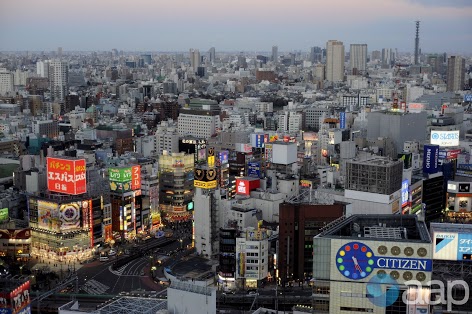
AAP FactCheck examined each of the 10 points made in the post and also sought comment from the Consulate-General Japan but received no reply at the time of publication.
- Japan is the only nation that does not give citizenship to Muslims
In 2013, Becoming Legally Japanese, a website dedicated to citizenship information, addressed the citizenship claim and found it to be false. The website said immigration was not restricted based on religion and highlighted Article 14 of the Constitution of Japan which says: “All of the people are equal under the law and there shall be no discrimination in political, economic or social relations because of race, creed, sex, social status or family origin”.
- Permanent residency is not given to Muslims
Immigration Services Agency of Japan makes no mention of religion in their “Guidelines for Permission for Permanent Residence.”
- Propagation of Islam in Japan is banned
AAP FactCheck was unable to find evidence to support or disprove the claim, however a recent peer-reviewed academic journal article titled Perceptions of Islam and Muslims in Contemporary Japan by Atsushi Yamagata of the University of Wollongong, looked into the rising number of Muslim tourists and permanent residents. The scholar argues there is little evidence to indicate increasing negative attitudes towards Muslims, and contends “the rise of national pride in Japanese hospitality has encouraged Japanese people to be more welcoming to Muslims”.
- In the University of Japan, Arabic or any Islamic language is not taught
The International University of Japan does not teach Arabic or Islamic languages. However, a number of institutions in Japan offer Arabic courses, including the Arabic Islamic Institute in Tokyo. There are also a number of private Arabic language schools, teachers and tutors in Japan.
- Japan is the only country in the world with a negligible number of embassies in Islamic countries
According to the Macquarie Dictionary, negligible means “so small that it may be neglected, or disregarded; very little”. Japan’s Ministry of Foreign Affairs lists a number of its embassies in countries with large or majority Muslim populations, including Afghanistan, Iran, Iraq, Kuwait, Lebanon, Qatar, Saudi Arabia, Syria and Yemen.
- One cannot import the ‘Koran’ published in the Arabic language
There is no reference to this claim in the Constitution of Japan. Kamada Shigeru, a professor of Islamic studies at the University of Tokyo told PolitiFact that “the Koran or other religious books in Arabic can be imported”. The Koran in Arabic can be purchased on Amazon Japan.
- Muslims must follow Japanese law and language
This claim is true as it is in other countries. The Constitution of Japan states that “laws of political morality are universal; and that obedience to such laws is incumbent upon all nations who would sustain their own sovereignty”. Regarding language requirements, the Tokyoimmigration service website advises that to become a Japanese national an applicant should have “Japanese reading and writing skills at least equivalent to an ordinary 7 to 8 year old Japanese primary school student. You need to understand basic “kanji(漢字)” besides “katakana(カタカナ)” and “hiragana(ひらがな)”. You need to be able to have smooth Japanese oral communication with an officer in charge of your case”.
However another site, Becoming Legally Japanese, said it is true “there is an informal written test that the local (immigration Bureau of Japan) sometimes administers which tests this. However, there is no formal requirement in the rules. The Japanese language “requirement” actually is part of the “Livelihood” requirement: if you can’t read, write, and speak at least at a rudimentary level, the odds of you falling on hard times (poverty and welfare) because you’re unemployable are much higher”.
- The Japanese government is of the opinion that Muslims are fundamentalist, and unwilling to change their Muslim laws
AAP FactCheck was unable to find evidence to support or disprove this claim, however it contrasts with a statement made by Japanese Prime Minister Shinzo Abe during an address to Islamic Diplomatic Corps in July 2014. Abe said: “I have found that a fundamental aspect of the spirit of Islam is harmony with and love for others. I believe therein lie points of commonality with the Japanese spirit, which is founded on co-existence. The Japanese people sincerely hope for peace and prosperity in the Middle East.”
- Muslims cannot even rent a house in Japan
There is no law preventing Muslims from renting a house. Any foreigner seeking to rent a house in Japan may encounter obstacles, according to culture and travel website, Japan Talk. The website lists four main challenges for renting: finding a guarantor; few real estate agents accept clients who don’t speak Japanese; rental costs and discrimination by owners and agents.
- There is no sharia law in Japan
This is correct. Article 20 of the Constitution of Japan states: “Freedom of religion is guaranteed to all. No religious organization shall receive any privileges from the State, nor exercise any political authority. No person shall be compelled to take part in any religious act, celebration, rite or practice. The State and its organs shall refrain from religious education or any other religious activity.”
The Verdict
Based on the evidence, AAP FactCheck found most of the claims in the post are false. The claims “Japan is the only country in the world with a negligible number of embassies in Islamic countries”, “permanent residency is not given to Muslims”, the “propagation of Islam” is banned, “one cannot import a Koran published in the Arabic language” and “Muslims cannot even rent a house” were either unfounded, inaccurate or false.
Partly False – The claim of the content is a mixture of accurate and inaccurate, or the primary claim is misleading or incomplete.
* AAP FactCheck is an accredited member of the International Fact-Checking Network. To keep up with our latest fact checks, follow us on Facebook and Twitter.
First published November 12, 2019, 18:01 AEDT

